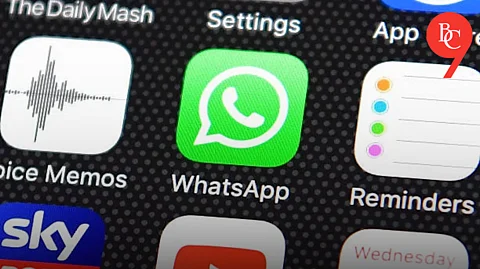

WhatsApp, the world’s most popular messaging app, is rolling out a revolutionary document scanning feature that promises to transform how users share paperwork, notes, and official documents. This highly anticipated update lets users scan physical documents directly within WhatsApp using their phone’s camera, convert them into PDFs, and share them instantly—all without ever leaving the app.
The new document scanning feature is designed with both convenience and versatility in mind. Users can access the scanner from the attachment menu in any chat, select “Document,” and tap “Scan document” to activate the camera interface. The intuitive design ensures that anyone—from students and professionals to everyday users—can digitize and share important papers in seconds.
Powered by advanced AI, WhatsApp’s scanner automatically detects, crops, and enhances document quality. Users can apply filters such as grayscale or black-and-white, ensuring scans are crisp, clear, and professional-looking—ideal for formal submissions or business use.
Multi-page scanning is also supported, letting users combine several pages into a single PDF. This is particularly useful for contracts, academic projects, or lengthy reports, streamlining file management and sharing.
Once scanned, documents are instantly converted into high-quality PDFs, ready to be shared with any contact or group on WhatsApp. This process happens entirely on the device, leveraging native Android and iOS APIs to ensure files are stored securely and only sent when users choose to share them.
Security remains paramount: all scanned documents are protected by WhatsApp’s end-to-end encryption, guaranteeing that only chat participants can access the content. This makes the feature suitable for sensitive documents, business contracts, and personal records.
Currently, the feature is available to select users on iOS, with a broader rollout planned for Android and WhatsApp Business in the coming updates. WhatsApp’s gradual approach ensures a polished experience, tailored to the needs of its diverse global audience.
